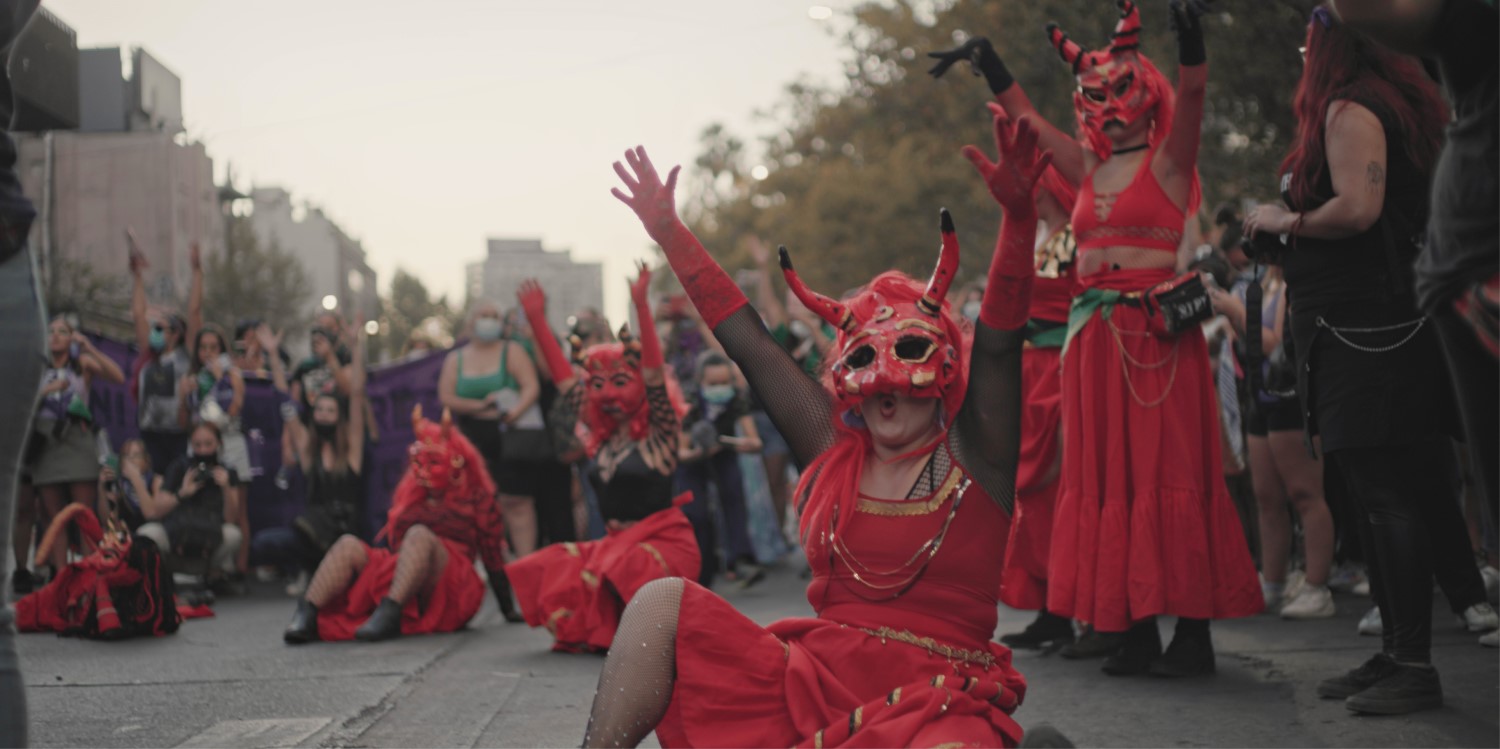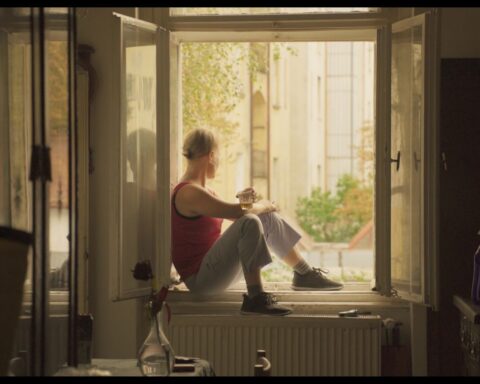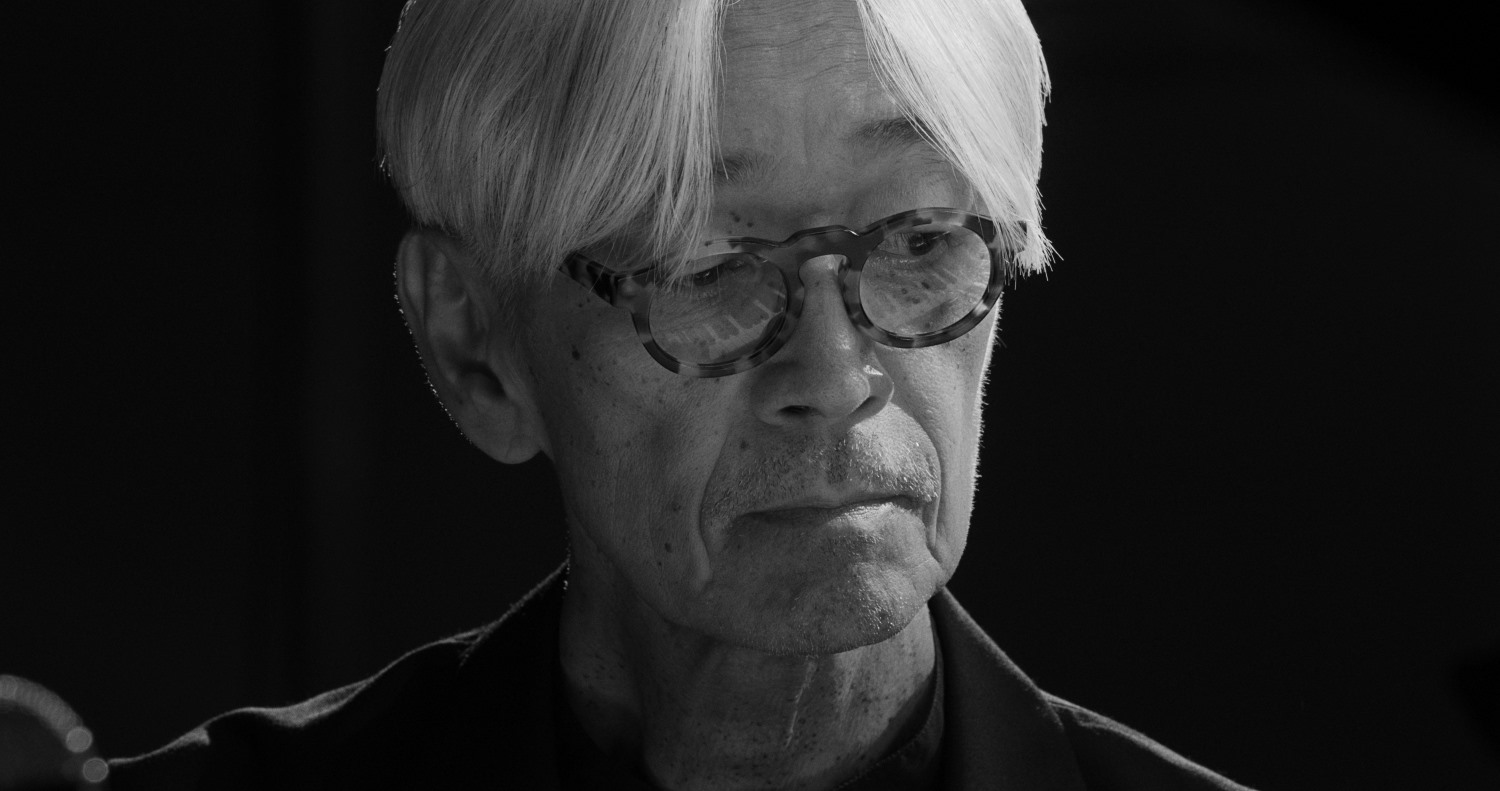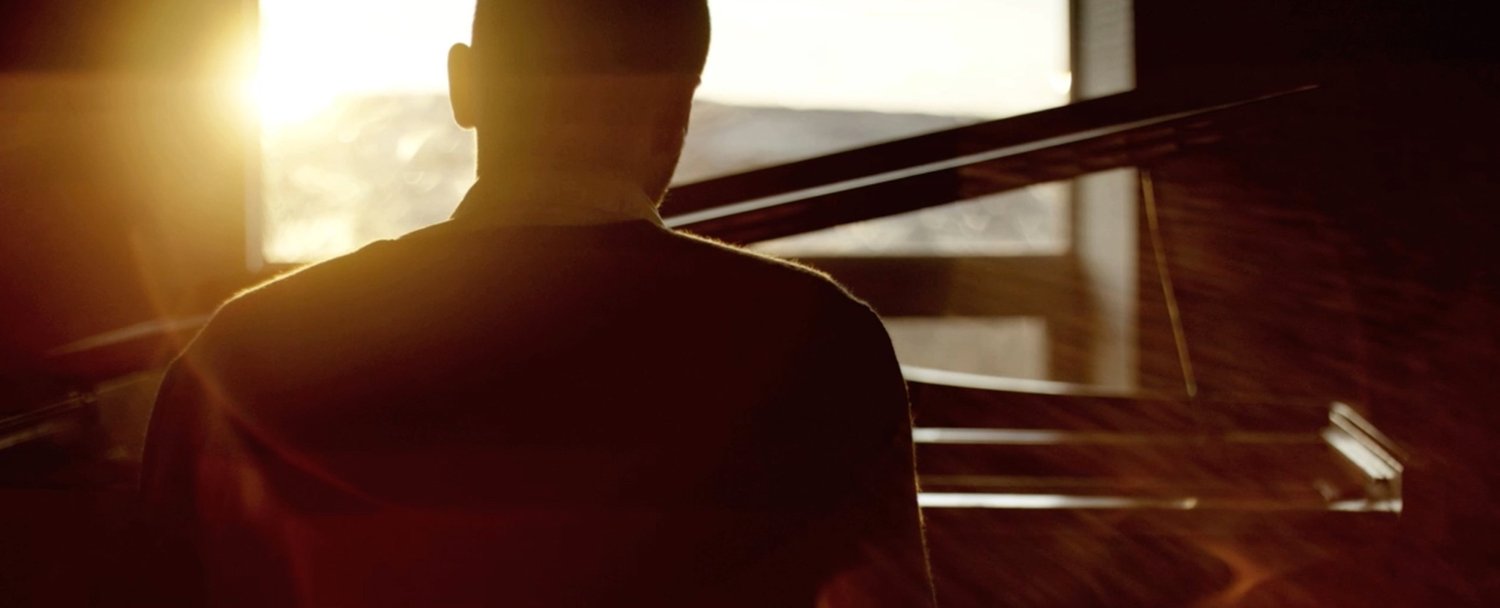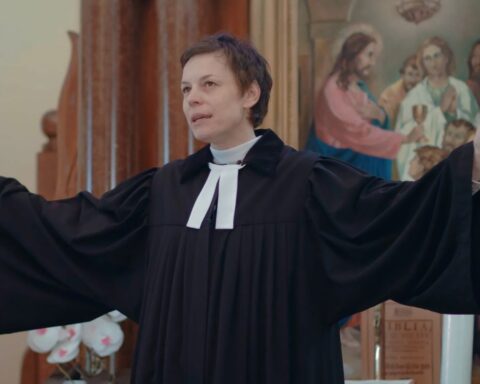Breaking Social
(Sweden, 93 min.)
Dir. Fredrik Gertten
“Trust is one of the most important things you can have in a society,” says Dutch author Rutger Bregman in Breaking Social. “It’s like the oxygen of democracy. What they teach you in school is that democracy is a certain set of rules and laws, and procedures and institutions, and a constitution. But below that lies something much more fundamental, which is basic trusting attitude, where you say: ‘everyone has a say; everyone matters in some way.’ Once people don’t really believe that anymore, then it turns out that all these laws and procedures, they’re not worth much if you don’t have a democratic culture.”
Breaking Social, the latest hot-button social issues doc from director Frederik Gertten (Push, Big Boys Gone Bananas!*), offers a collective call for change. The doc explores the social contracts that have been shattered by capitalism, neoliberalism, and other isms that leave societies shackled by false hopes in democracy. The film features a chorus of characters from around the world who illustrate how even the most seemingly democratic society functions as a kleptocracy. Unlike plutocracies, where it’s understood that the richest people govern, kleptocracies see crooked politicians exploit the system for personal gain. They accumulate of wealth outside the rule of law, feeding the cycle of social inequality.
American journalist Sarah Chayes, a former advisor to the Obama administration, introduces the pervasive nature of kleptocracy and sets up the conversation that Breaking Social follows. She notes her observation of kickbacks among bureaucrats during her time in Afghanistan. Chayes explains how any effort to move something along required greasing the palms of a civil servant. But she adds her bewilderment when she realized that someone higher up the ladder would come to collect his cut.
Extractivism and Golden Passports
Chayes lays out her analysis very well. She says she expected the USA to fit the framework of a kleptocracy, but didn’t anticipate how well it would meet the criteria. Moreover, as her story weaves in and out of the film, she observes the deteriorating social fabric in West Virginia. She observes how mines are flourishing, but the countryside remains irreparably scarred by aggressive resource extraction. The cycle of corruption feeds few at the expense of many, she notes. She walks through streets peppered with abandoned homes and businesses, a landscape matching the forests’ devastation.
In Chile, meanwhile, extractivism fuels another story where mining projects leave a community parched. Activists like Ivanna Olivares Miranda tell how the countryside barely has enough water to survive. Residents ration with twenty minutes of water access daily, if lucky. Everything else gets guzzled by the mines, whose owners grease the palms of politicians who look the other way. However, as Olivares Miranda and other Chileans like politician Valentina Miranda, the youngest citizen constituent ever at 21, speak up, people grasp that extraction is all about taking. As Gertten follows their activist campaigns, and sees other Chileans, including street artists and dancers, harness the energy of the 2019 student protests, Breaking Social observes a restless people tired of losing everything for a greedy few.
The same goes for teacher Jennifer Craig in Ohio, who shares her story about mobilizing with educators for better pay. Ditto Maltese journalists Joanna Demarco and Matthew Caruana Galizia. The latter draws upon the assassination of his mother, Daphne Caruana Galizia, who was murdered while investigating Malta’s participation in a “golden passport” scheme. Breaking Social touches upon the latter phenomenon, which essentially lets the ultra-rich buy statelessness. They’re beholden to nobody and, notably, to no social conscience.
A Complicated Web
Any one of these stories could fuel a documentary of its own. Chayes’ thread has the sharpest focus. It offers compelling insight into the pervasive reach of big business into the democratic process. Her observations explain how jadedness and disillusionment inspire public disengagement with the democratic process, which aggravates inequality. It’s thoughtful material, and she’s a great character who evokes familiar fables, like that of King Midas, to explain how unfettered capitalism is society’s downfall.
The Maltese crew, moreover, smartly tackles a potent story from all angles. As Breaking Social intersects stories from around the globe, though, the convoluted nature of this thread can be hard to follow. However, as a participant maps out the intricate web through which the golden passports facilitate corruption, he shows that its complicated design enables it. The death of Daphne Caruana Galizia underscores the violent reach of these powerful players who work overtime to bury the story.
Breaking Social ultimately faces the same dilemma with which many social issues docs wrestle post-2020. It starts with a provocative issue and loses focus as it tries to account for every social inequality. As it moves from Chile’s student protests to George Floyd to Malta and then zips to the Netherlands for observations about cycling, it isn’t clear what point the film tries to make, beyond summoning a rallying cry to protest something. Gertten’s work can be extremely persuasive when it hones in on an important topic, like he did with Push and its take on the housing crisis as viewed through the eyes of Leilani Farha. Breaking Social offers a series of interconnected mini-Pushes, and while they don’t gel with the same force, they share Gertten’s eye for character. These stories should inspire audiences to take up the fight, whatever that fight may be.




